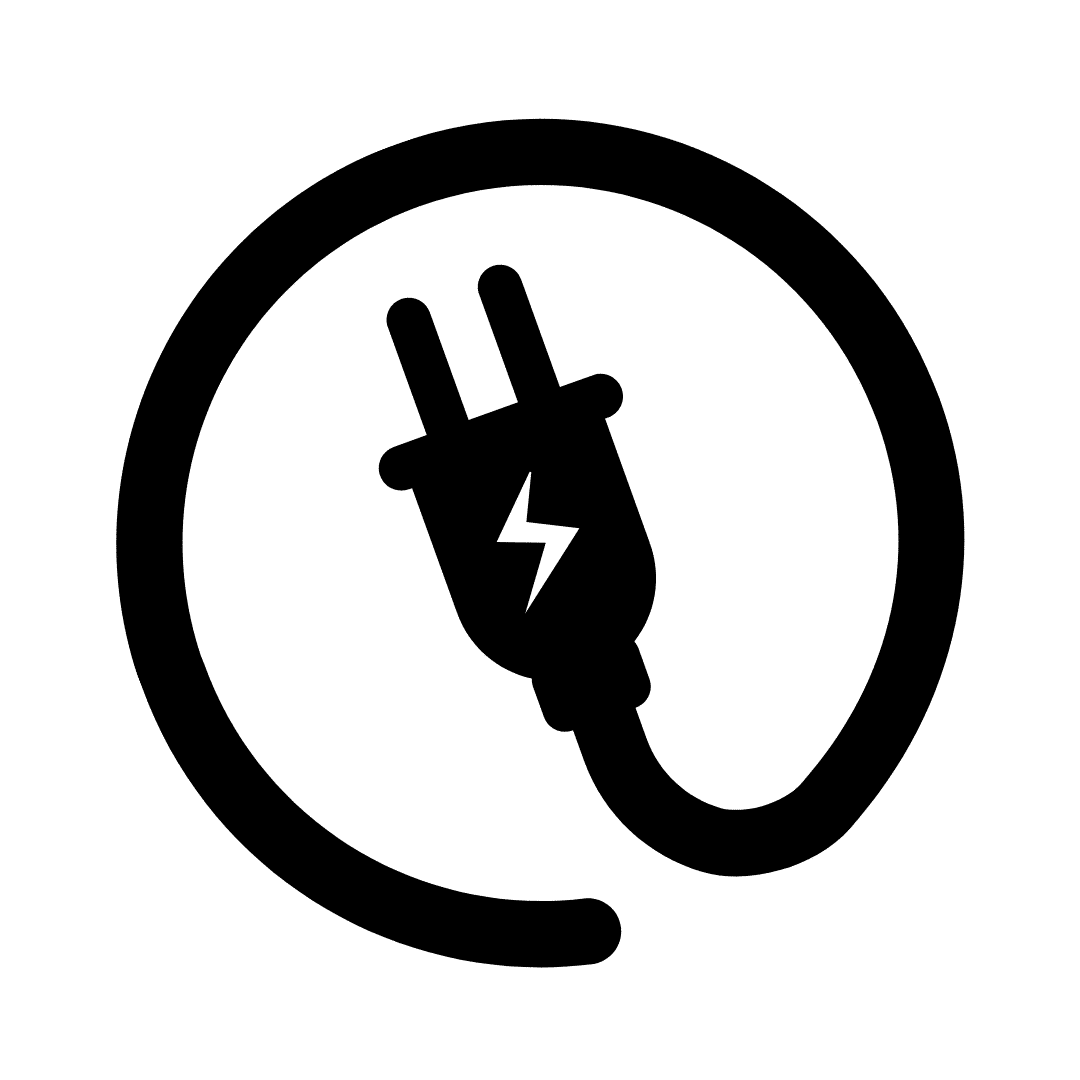Go solar and store your power for when it matters most
With abundant sunshine year-round, Nevada ranks first in the nation for solar potential, putting residents in a perfect position to benefit from solar power. If you’re a Nevada resident who has been considering installing rooftop solar, there has never been a better time.
Solar panels harness sunlight to generate clean electricity and power your home. This means you will create your own power and save on electric bills without producing emissions. To unlock even greater savings and resilience from blackouts, you can also pair solar with a battery system.
Battery systems store the extra energy your solar panels produce during the day, allowing you to use that power later, like at night or during a power outage. Without a battery, most solar systems shut off during outages to protect utility workers making repairs to downed lines. A battery backup is the only way to keep your home powered by solar when the grid is offline.
Thanks to the federal Inflation Reduction Act, tax credits are available for purchasing a solar panel and battery storage system. The Federal Residential Clean Energy Credit (25D) offers a tax credit to cover 30% of the cost of purchasing and installing rooftop solar panels or a battery storage system on your home.
Additionally, through a $156 million award to Nevada, the Inflation Reduction Act helped launch the Nevada Solar For All program that brings the benefits of solar to more families across our state, including low-income households, renters, and affordable housing developments. The program supports rooftop and community solar projects and provides job training opportunities to grow Nevada’s clean energy workforce. Applications are open now.

